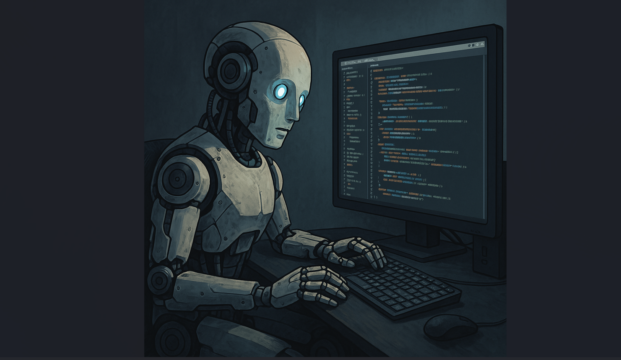India is one of the fastest-growing economies in the world, with a young and dynamic workforce that is eager to contribute to its development. However, the rapid pace of change and innovation also poses significant challenges for employers and employees alike. How can they keep up with the evolving demands of the job market and ensure their relevance and competitiveness in the future?
In the ever-evolving landscape of India’s job market, addressing employment challenges remains a top priority for policymakers. Despite significant strides in literacy, education, and vocational skills, the quest for meaningful and sustainable employment still remains unfulfilled. The educated workforce now seeks not just jobs but opportunities offering favorable work environments, steady employment, and improved compensation. Unfortunately, the creation of such employment opportunities has not kept pace with the growing number of job seekers.
The evolving structure of India’s economic output, particularly following recent economic reforms, underscores the imperative of continuous learning and upskilling in the workforce
The evolving structure of India’s economic output, particularly following recent economic reforms, underscores the imperative of continuous learning and upskilling in the workforce. Despite a discernible shift in the economy’s composition, characterized by a consistent decline in the share of agriculture and a concurrent rise in non-agriculture sectors, the employment landscape has not followed a clear and consistent pattern. This discrepancy can be attributed to multifaceted factors, including demographic changes and increased enrollment in post-matric education.
Technological advancements, changes in the sectoral composition of output, and the dynamic movement of the female workforce between household and external activities further contribute to the complexity of the employment scenario. Additionally, skill creation, mechanization, and the influence of labor laws and regulations have played pivotal roles in shaping the workforce and employment dynamics. As the economy undergoes structural transformations, the demand for specific skill sets and competencies becomes paramount. Continuous learning and upskilling emerge as critical tools for individuals to adapt to these changes, ensuring their relevance and employability in a dynamic job market shaped by a myriad of influential factors.
Compounding the issue, the aspirations of the labor force have risen in tandem with the country’s overall development. Furthermore, the uneven growth of the industry and services sector across regions and states has led to a notable disparity in local employment opportunities and the available labor supply. Lastly, a pronounced disconnect exists between structural changes in output composition and corresponding shifts in employment patterns.
In navigating this intricate landscape, a crucial imperative emerges—the need for continuous learning and upskilling to align with the evolving demands of the job market. According to industry estimates 86% of Indian workers agree that they need to reskill or upskill to stay employable in the future, and 81% say that they are willing to invest their own time and money to do so. However, only 54% say that they have access to adequate training opportunities from their employers, and only 38% say that they have had a career progression conversation with their managers in the past year. This suggests a gap between workers’ expectations and employers’ actions when it comes to fostering a culture of lifelong learning.
Another area of importance is the impact of the female workforce in India, for whom navigating the evolving job market requires a strategic embrace of continuous learning and upskilling. As societal norms shift and more women engage in professional pursuits, the demand for diverse skill sets intensifies. Technological advancements, changing job dynamics, and a growing emphasis on gender inclusivity underscore the importance of staying abreast of evolving trends. Continuous learning not only enhances career prospects but also empowers women to break barriers, contribute significantly to diverse sectors, and thrive in a job market shaped by innovation and adaptability. It’s a transformative journey towards empowerment and professional fulfilment.
To bridge this gap, employers need to adopt a proactive and strategic approach to talent development, aligned with their business goals and the changing demands of the market. They need to provide workers with clear career paths, regular feedback, and personalized learning plans that cater to their individual strengths, interests, and aspirations. They also need to leverage technology and digital platforms to deliver flexible, accessible, and engaging learning experiences that can help workers acquire new skills and competencies. Moreover, they need to partner with external stakeholders such as educational institutions, industry associations, and government agencies to create a collaborative ecosystem that supports skills development and recognition.
By investing in continuous learning and upskilling, employers can not only enhance their talent retention and attraction strategies but also improve their productivity, innovation, and competitiveness in the global market. As the report states, “The future of work is not something that happens to us, but something that we create together.” Therefore, it is imperative for both employers and workers to embrace learning as a lifelong journey that can help them navigate the evolving job market and achieve their full potential.
Guest contributor Manu Saigal is the Director of General Staffing, Adecco India, a global workforce provider that delivers fully integrated workforce solutions and will support an organisation’s development and strategy. Any opinions expressed in this article are strictly those of the author.












